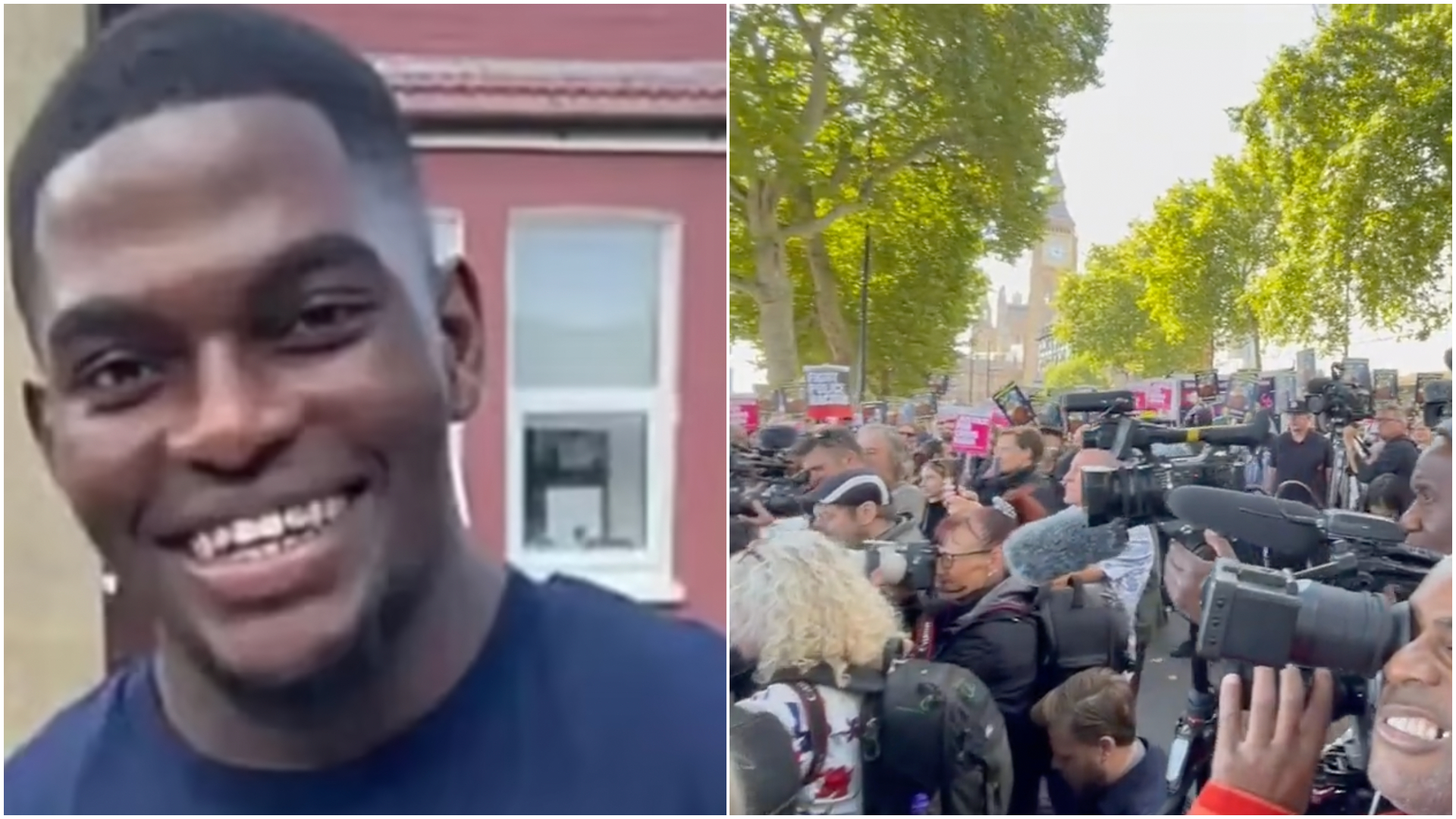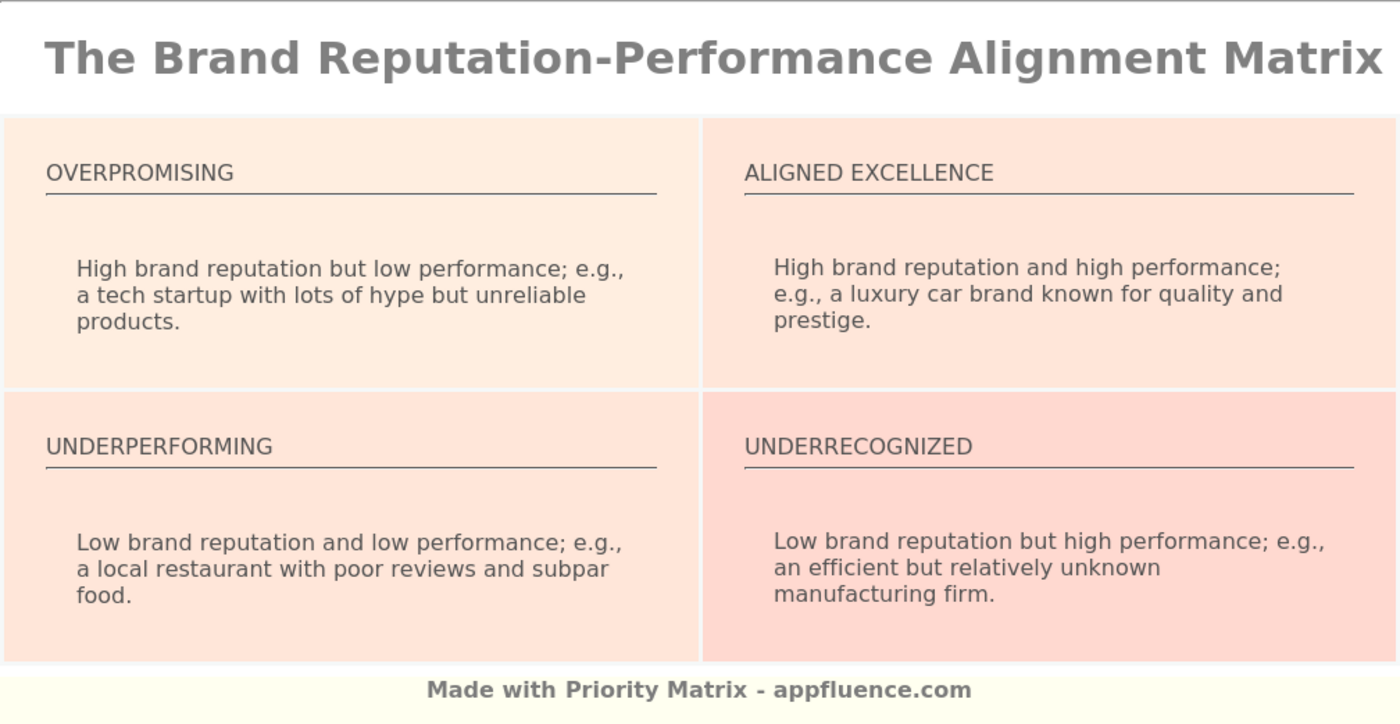Independent Office For Police Conduct (IOPC) Challenges Chris Kaba Panorama Episode Via Ofcom

Table of Contents
The IOPC's Complaint Against the Panorama Episode
The IOPC's complaint centers on allegations of factual inaccuracies and bias within the BBC's Panorama program. This section will detail these claims and explore the IOPC's rationale for challenging the documentary.
Key Allegations of Inaccuracy and Bias
The IOPC alleges several inaccuracies in the Panorama episode's presentation of the facts surrounding Chris Kaba's death. These include:
-
Incorrect portrayal of evidence: The IOPC claims the documentary selectively presented evidence, omitting crucial details that would have offered a more balanced perspective on the events leading to the shooting. Specific examples cited by the IOPC include [insert specific examples cited by the IOPC regarding the misrepresentation of evidence].
-
Biased selection of interviewees: The IOPC alleges a bias in the selection of interviewees, giving disproportionate weight to perspectives critical of the police investigation, while potentially marginalizing other viewpoints.
-
Misleading narrative: The IOPC argues that the overall narrative presented by the documentary created a misleading impression of the police investigation's thoroughness and impartiality. The IOPC asserts that this narrative is detrimental to the integrity of the ongoing investigation and could unduly influence public perception.
-
Potential Impact on Public Perception: The IOPC expresses serious concerns that the inaccuracies and biases in the Panorama episode could damage public trust in the police and undermine the ongoing investigation. This could lead to:
- Prejudicial comments on social media and in other media outlets.
- Increased public anger and distrust, potentially hindering the investigation.
- The potential for interference with witness testimonies.
The IOPC's Role and Responsibilities
The Independent Office for Police Conduct is responsible for investigating complaints relating to police misconduct in England and Wales. Its mandate includes ensuring that police officers are held accountable for their actions and maintaining public confidence in the police force. Challenging what it deems to be misleading information is a crucial part of fulfilling this responsibility. The IOPC's action highlights their commitment to impartial investigations and the safeguarding of due process. Maintaining public trust in the investigation process is paramount, and the IOPC believes that inaccurate media portrayals could seriously compromise this trust.
Ofcom's Role in the Complaint Process
Ofcom, the UK's communications regulator, will now investigate the IOPC's complaint against the BBC Panorama episode.
Ofcom's Powers and Procedures
Ofcom is responsible for upholding broadcasting standards in the UK. Its investigation will assess whether the Panorama program breached these standards. This involves reviewing the documentary, considering the IOPC's allegations, and potentially interviewing relevant parties. If Ofcom finds the broadcast in breach of its broadcasting code, possible sanctions could include:
- A formal reprimand of the BBC.
- A requirement for the BBC to issue a correction or apology.
- A financial penalty.
Public Interest vs. Individual Rights
This case highlights the complex interplay between the public's right to know and the need to protect the integrity of ongoing investigations and the rights of those involved. The IOPC's complaint raises questions about how to balance detailed public reporting with the principles of a fair trial. The potential impact of the Panorama episode on Chris Kaba's family and the ongoing investigation is a significant factor. The case underscores the immense challenges of transparently investigating high-profile police shootings while ensuring fairness and protecting the integrity of the justice system.
Wider Implications and Future Considerations
The IOPC's actions have significant implications for police accountability and media reporting on such sensitive issues.
Impact on Police Accountability
The IOPC's challenge to the BBC’s Panorama episode could potentially affect future police accountability efforts in several ways:
- Increased scrutiny of media coverage: This case sets a precedent for greater scrutiny of media reports on police investigations.
- Potential chilling effect on investigative journalism: Some might argue that the IOPC’s action could discourage investigative journalism into police misconduct.
- Strengthening of investigative processes: Others might see it as a step towards ensuring greater accuracy and impartiality in media reporting on such sensitive matters.
Implications for Future Media Portrayals of Police Investigations
This case will undoubtedly influence how future documentaries and news reports handle investigations into police killings. It raises important questions about:
- The appropriate level of scrutiny for police conduct in the media.
- The need for responsible and accurate reporting of sensitive investigations.
- Balancing the public's right to information with the need for a fair trial. The media must strike a careful balance between informing the public and protecting the integrity of the legal process.
Conclusion
The IOPC's challenge to the BBC Panorama episode on the Chris Kaba shooting is a landmark event in the ongoing discussion concerning police accountability and media representation. The Ofcom ruling will have significant repercussions for both police investigations and journalistic practices. The outcome will shape how these sensitive cases are handled in the future, impacting public trust in both the police and the media.
Call to Action: Stay informed about the IOPC’s investigation into the Chris Kaba case and the subsequent Ofcom ruling. Understanding the intricacies of police accountability and media's role in these sensitive situations is critical for ensuring justice and upholding public trust. Continue to follow updates from the Independent Office for Police Conduct to stay abreast of their efforts to investigate police misconduct and maintain accountability.

Featured Posts
-
 Pentagon Audit Highlights F 35 Inventory Management Failures
May 01, 2025
Pentagon Audit Highlights F 35 Inventory Management Failures
May 01, 2025 -
 Ripple Xrp From 4th Largest Crypto To Millionaire Making Potential
May 01, 2025
Ripple Xrp From 4th Largest Crypto To Millionaire Making Potential
May 01, 2025 -
 Targets Dei U Turn Assessing The Long Term Effects On Brand Reputation
May 01, 2025
Targets Dei U Turn Assessing The Long Term Effects On Brand Reputation
May 01, 2025 -
 Cruises Com Unveils Innovative Points Based Rewards Program
May 01, 2025
Cruises Com Unveils Innovative Points Based Rewards Program
May 01, 2025 -
 Panoramas Chris Kaba Episode Independent Police Complaints Commissions Ofcom Referral
May 01, 2025
Panoramas Chris Kaba Episode Independent Police Complaints Commissions Ofcom Referral
May 01, 2025
